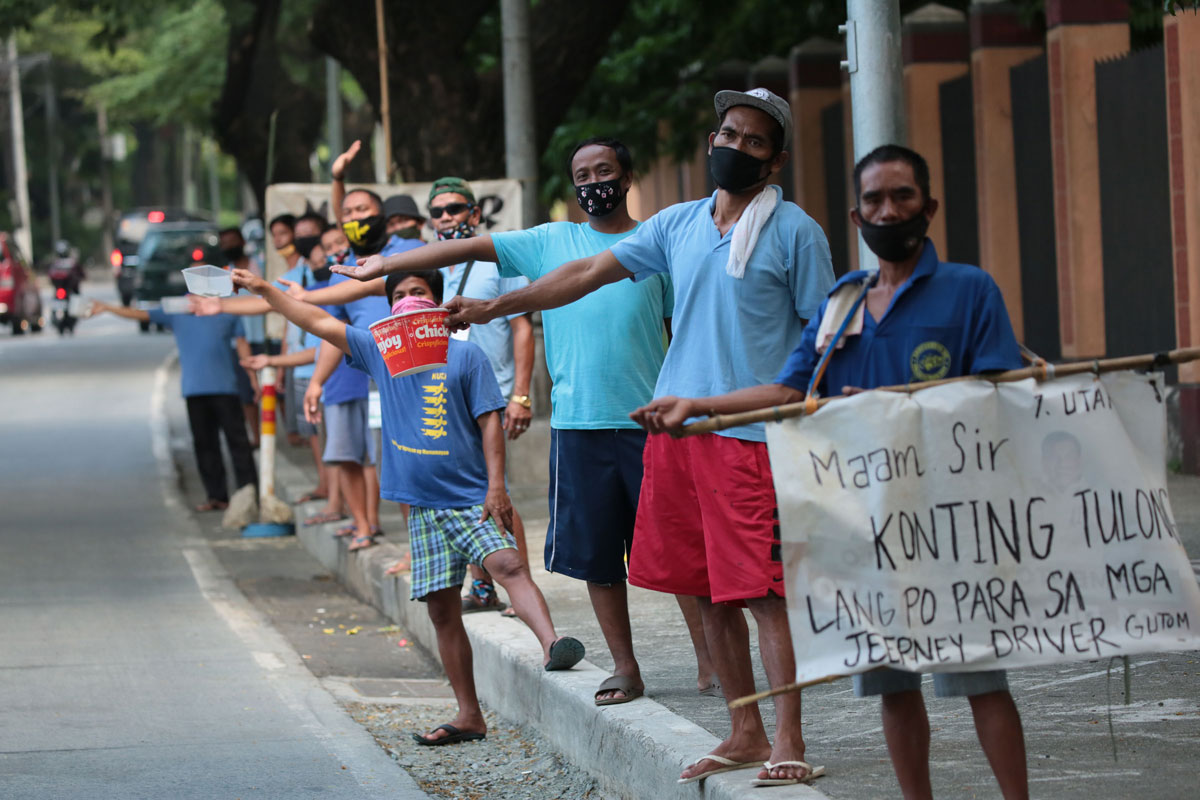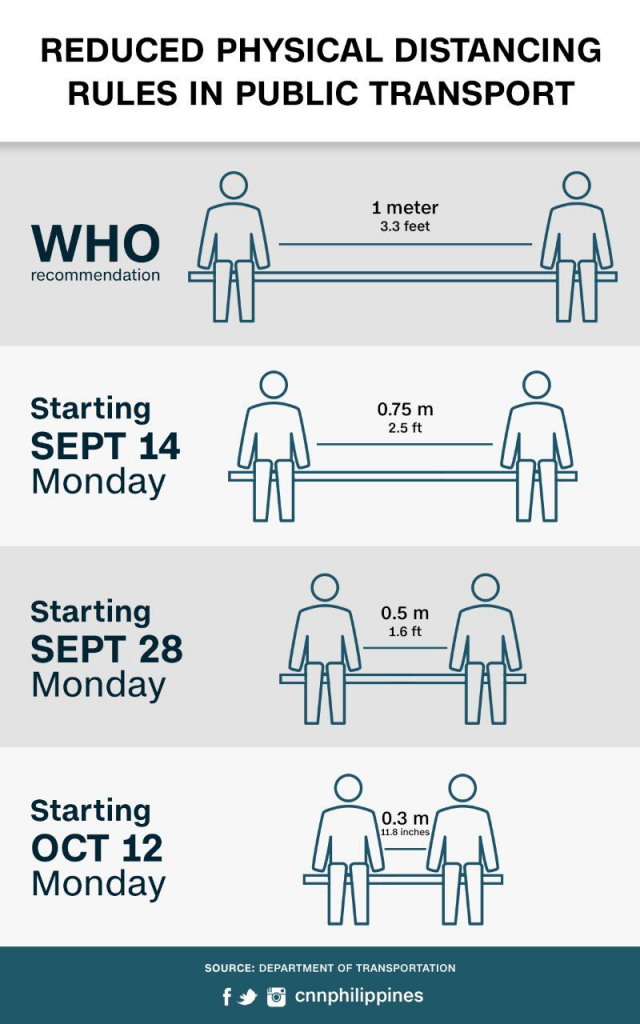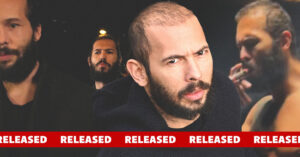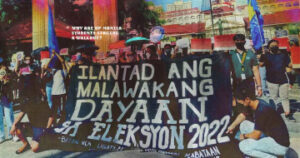
Have you ever watched a movie where heads of state adamantly ignore the obviously brilliant scientist warning them of a catastrophe, causing the country to fall into ruin?
That’s the Philippines right now, except we’re not bound for an earth-shattering event, just stuck in the longest lockdown in the world. And while sheltering in place sounds fine for most, for the population’s poorest, a catastrophe is starting to seem a better prospect than having to weather through prolonged suffering through a pandemic.
Six months of sidelining science
By February 2, the Department of Health had already confirmed two COVID-19-positive patients, the second of which, a 44-year-old Chinese male, had already died the day before. This would be the first recognized coronavirus-related death in the world. On February 3, despite many calls from the scientific community to enact a response, President Duterte downplayed its risk and told the public that “there’s nothing to be scared of the coronavirus yet.”
On May 28, Metro Manila was placed under General Community Quarantine, the most relaxed quarantine classification. This was announced on the same day that the Department of Health tallied the highest addition in positive cases since the start of the lockdown at 539.
On July 18, the government announced that motorcycle riders would only have until the end of the month to install newly-mandated barriers. This is despite reluctance from engineers who thought that the design would pose hazard to both the driver and the accompanying rider. On August 18, the same task force retracted this requirement, saying barriers are no longer needed.
Then, last September 11, Presidential Spokesperson Harry Roque announced the joint resolution to reduce physical distancing on public places. They have since began to implement a shorter .75-meter distance, which will further shrink to half a meter by September 28, and to a third of a meter by October 12.

The inter-agency task force claimed to have consulted the scientific community before they passed down the policy, yet many infectious diseases experts, including WHO and DOH itself, voiced their hesitation.
Teamwork isn’t making the dream work
As a central response unit to the growing virus, the Philippine government convened the Inter-Agency Task Force on Emerging Infectious Diseases or IATF-EID as early as last January.
It looks pretty balanced, too: it’s chaired by the Department of Health, co-headed by the Department of Environment of Natural Resource and the Office of the Cabinet of the Office, and comprised of the various executive ministries of education, finance, defense, foreign affairs, transportation, local governance — and yes, science and technology.
So, in fairness, it’s safe to say there are enough scientifically-grounded voices in the team to remind everyone else that this is foremost a public health issue.
Also in fairness, “ignoring” here doesn’t mean leaving the delegates of science at the door. What it means is losing its contention for public health protocols in a room against dozens of other voices whose suggestions support a different agenda.
The poorest are left clueless
But this isn’t to refute any rationalization of economic relief, nor to put a premium on scientific bases. Even at the start we knew there’d be friction amidst achieving compromise — that the government would have to meet halfway with a lot of sectors to get some semblance of progress. But this is assuming that everyone can even make it halfway.
When the poorest are forced to fall in line without understanding the science behind it, they do so on the belief that our lawmakers are doing their best analysis of the science in their behalf.
And they can’t afford to do or believe otherwise; whether they fall in line or out of it, it’s their lives that are at stake. From where they stand, they can just either die of hunger or suffer in jail.
Thus, it’s not anymore about questioning their compliance but ensuring inclusivity in public policies. When lawmakers listen to science, they not only make sounder decisions, but they also build better unities bound by truth.
That’s because science is backed by real, actual, truthful facts; political agendas aren’t.























